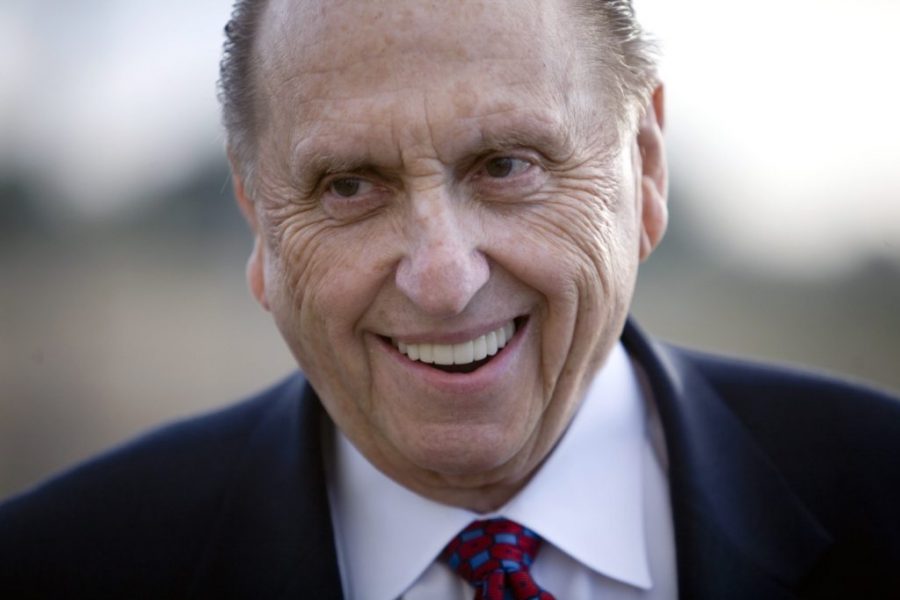In his now popular commencement speech, “This is Water,” David Foster Wallace speaks of two young fish meeting an older fish who greets them and then asks, “How’s the water?” Startled by the question, the young fish continue to swim along until one turns to the other and asks, “What is water?” Like these fish, we often lack the simple awareness of our cultural environments; we are all swimming in our own “water” without realizing the impact it has on our perceived realities.
Last March, The Salt Lake Tribune published a Pew Research Center survey on religious bias in the United States. The progression of the article was disheartening. Americans still struggled with their religious bias, favoring mainstream Christian congregations over Muslims. However, with the second Trump Travel Ban announced earlier in that week, the prejudice was unsurprising. What I was not prepared for was the final sentence in this piece: “People on both sides of the political spectrum see Mormons more favorably than they did in 2014, but left-leaning Americans view them as the most unfavorable religious group.”
As a self-identified liberal and a practicing member of the Latter Day Saint faith, I have been struggling to reconcile the idea that many of those who I share political ideology with view my religion negatively. I am not shocked that my church is not winning any popularity contests. I know Mormonism can appear strange or occult. Instead, I was startled that a dislike for my faith colored a political party’s “water.”
At the beginning of the new year, Thomas S. Monson, my religious leader, passed away. The following day, The New York Times ran Monson’s now infamous obituary which highlighted the social controversies of same-sex marriage and the Ordain Women movement that dogged his religious presidency. The backlash was immediate and intense: the comment section was dominated by readers declaring the obituary to be ‘biased and politicized.’ The Washington Examiner’s Becket Adams compared Fidel Castro’s obituary to Monson’s and wrote, “It’s a hell of a thing when a murderous dictator can get a glossier send-off from The New York Times than the president of the Mormon church,” and then the “Rewrite Thomas Monson Obituary on New York Times” petition received almost 200,000 signatures. In response, The New York Times Obituary Editor wrote, “I think the obituary was a faithful accounting to the more prominent issues Mr. Monson encountered and dealt with publicly during his tenure.” And he is right. There are no factual errors in the obituary on President Monson. Instead, it represents the very real issues in our church facing leadership and general membership. But this response does not address the real problem, how our conflicting “waters” are shortchanging both parties by muting a critical conversation on compassion and charity and inhibiting the celebration of a man who championed these values.
Chantelle Wood, a Mormon who emailed The New York Times, wrote, “Decisions [Monson] made were included without… context.” This context is Mormon culture and belief, a “water” she shares with 16 million others including myself. However, we should be recognizing our “water” not to justify our actions, but to acknowledge our latent tendencies so we can engage in more authentic discourse with those from different perspectives. Only then can we ask them to critically consider their “waters’” impact on how they view and interact with us.



